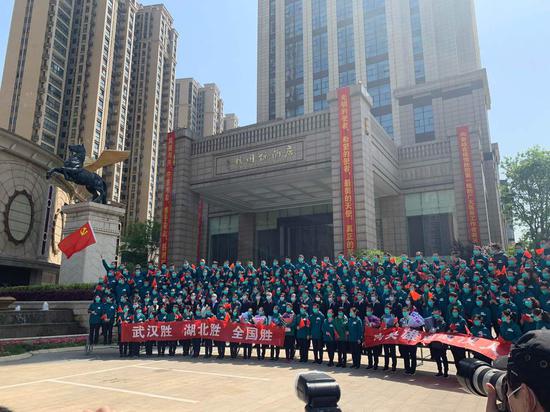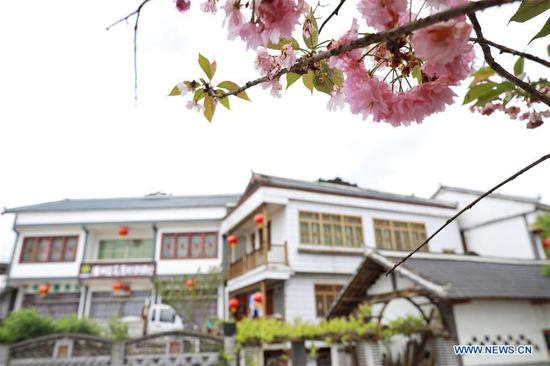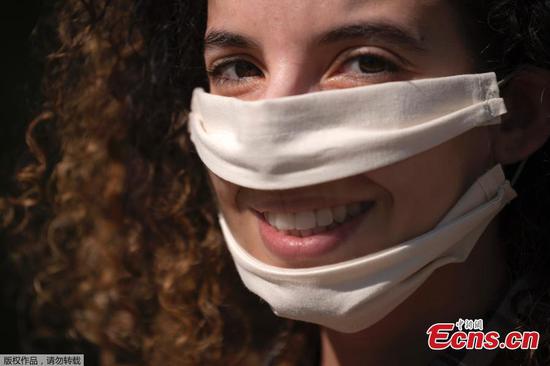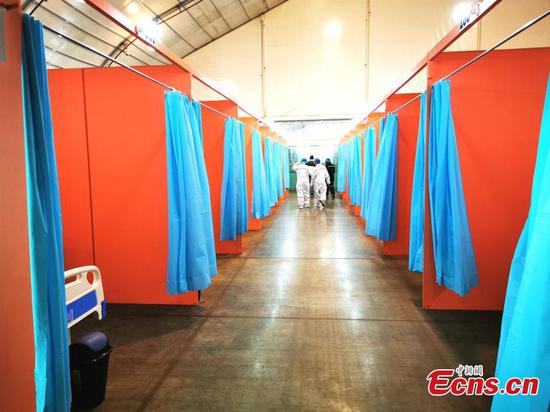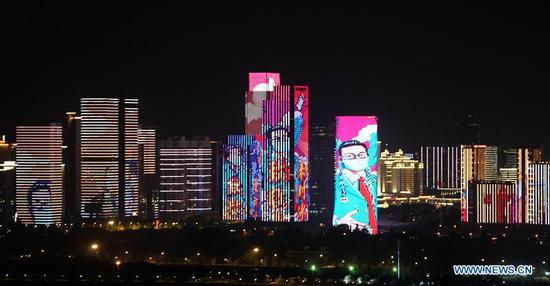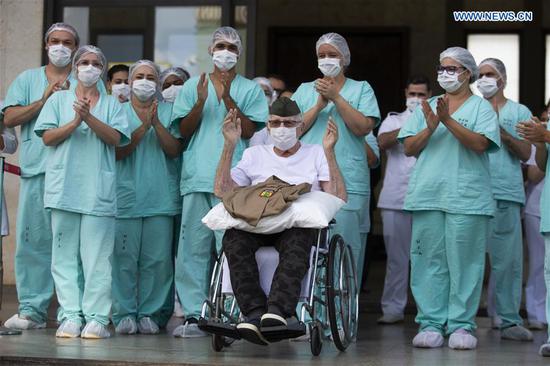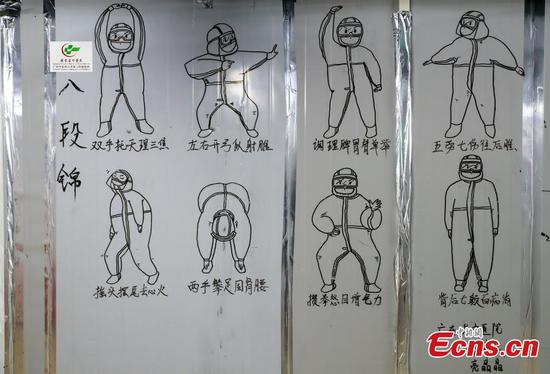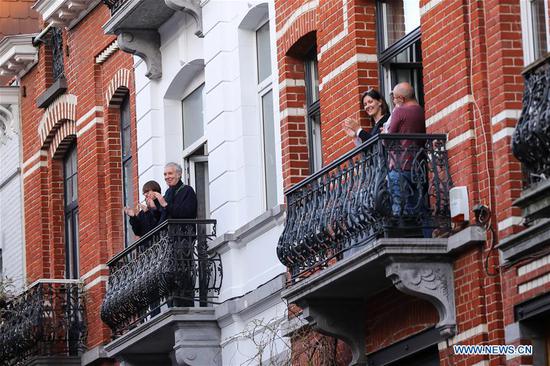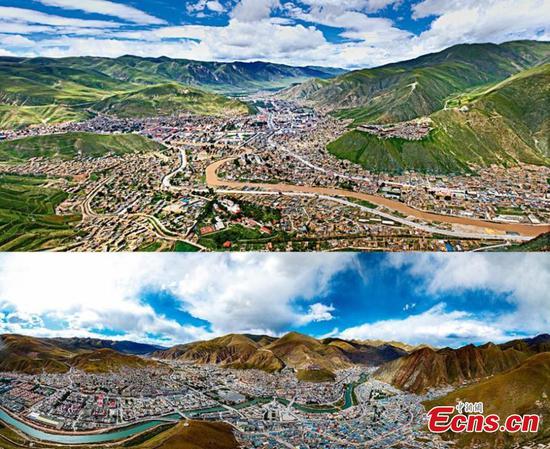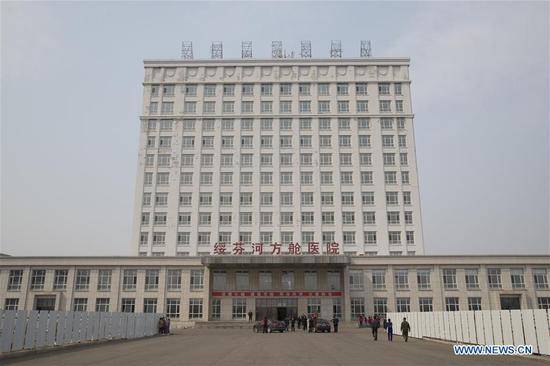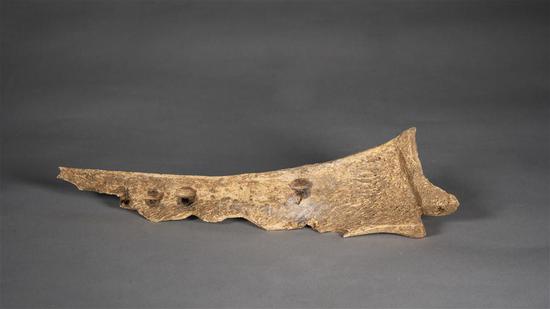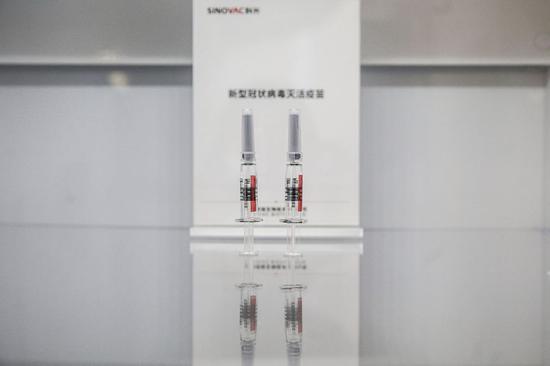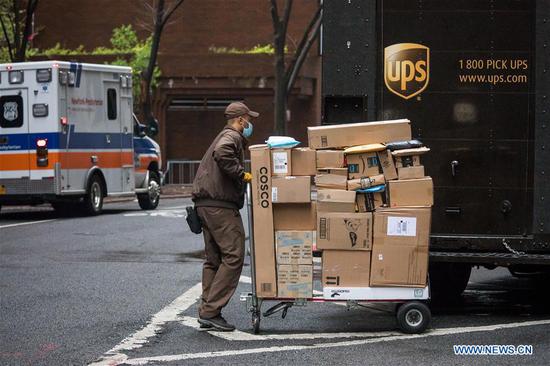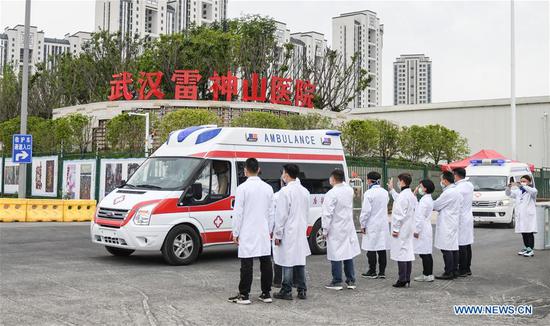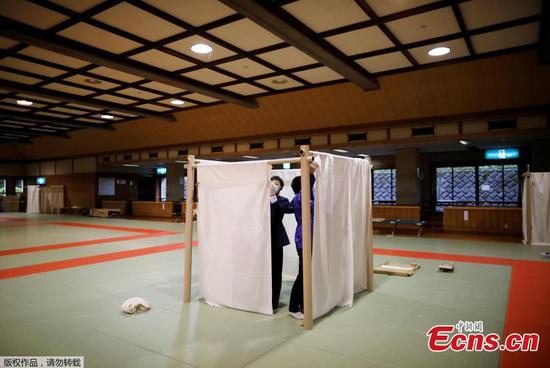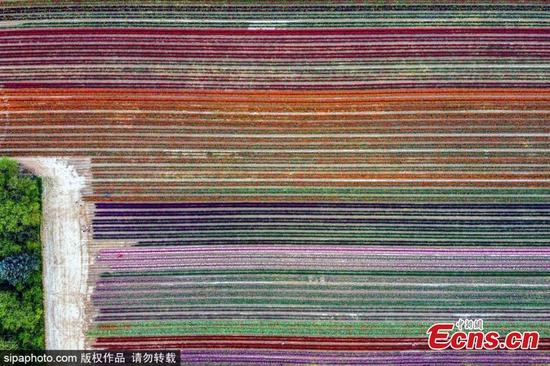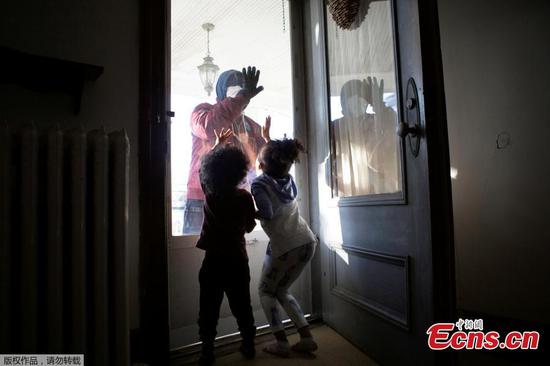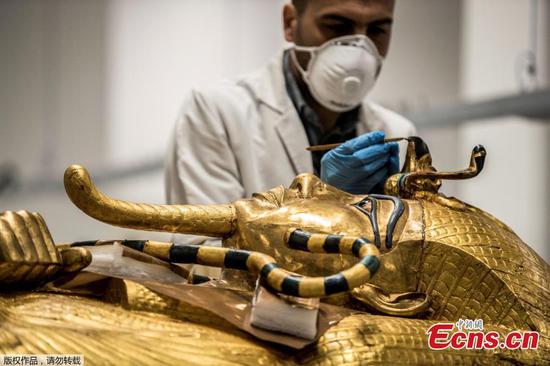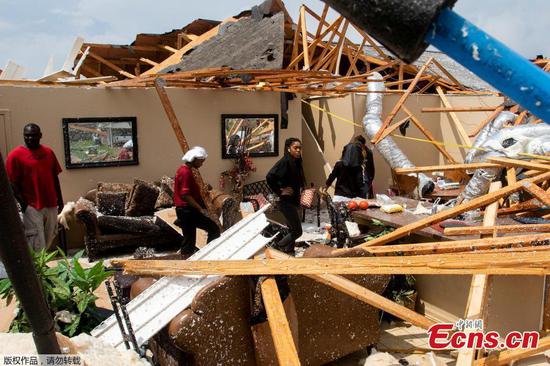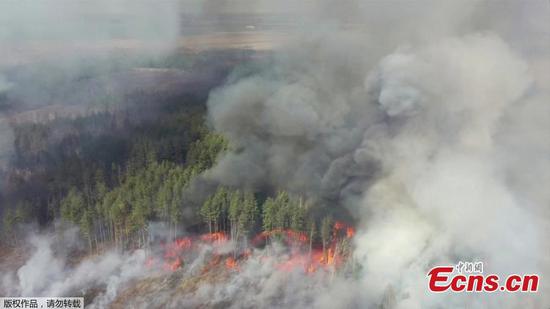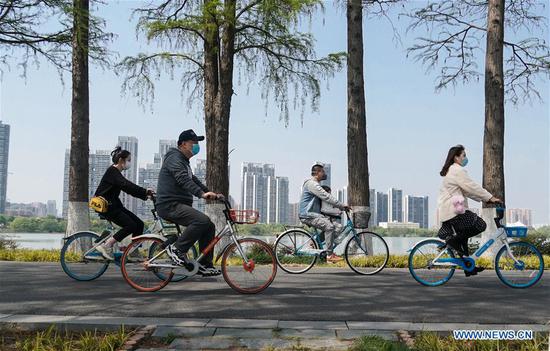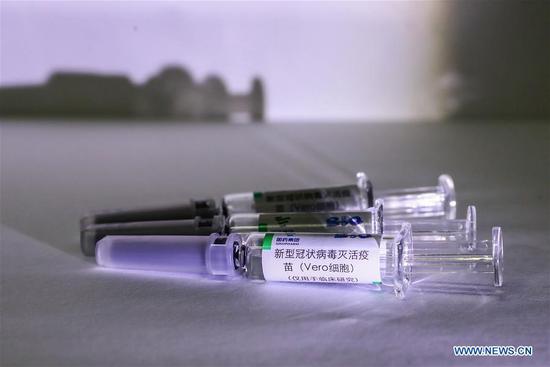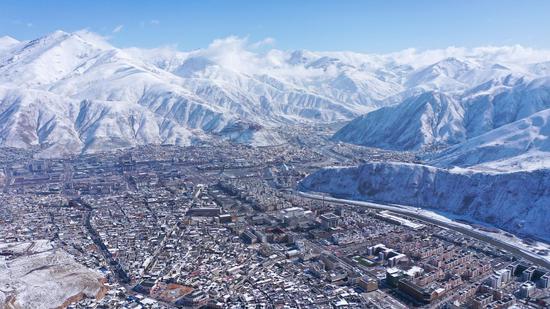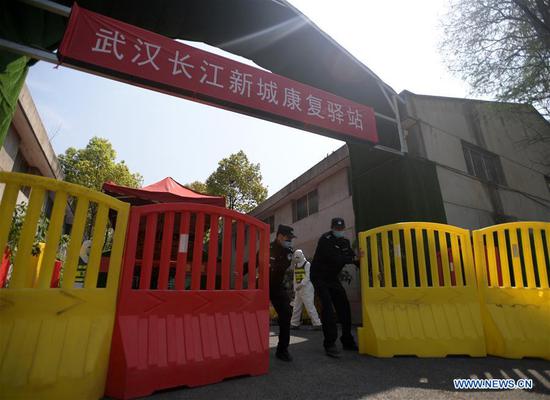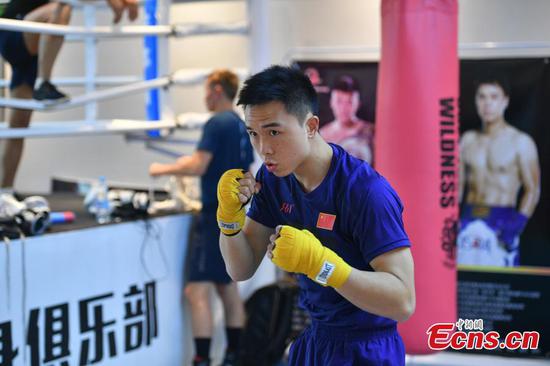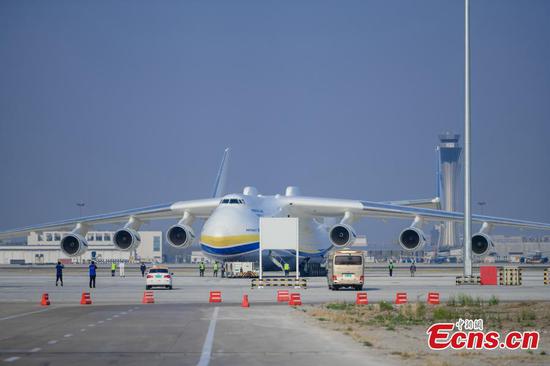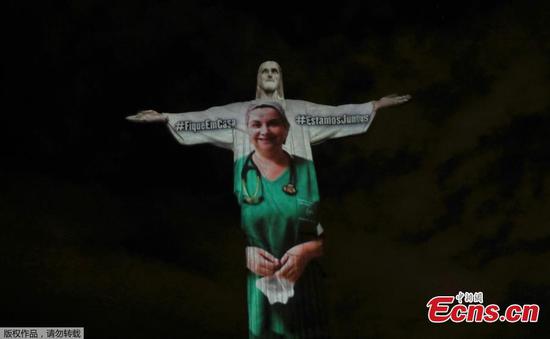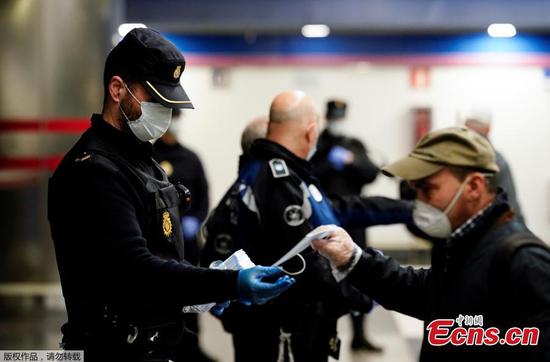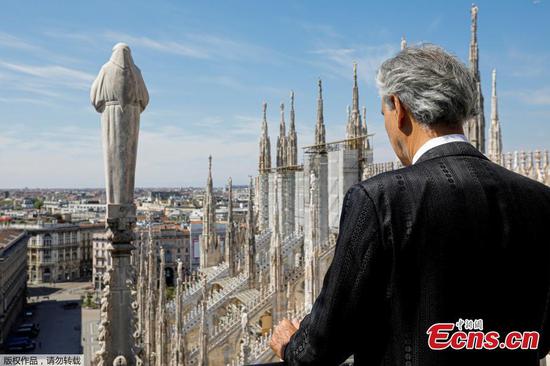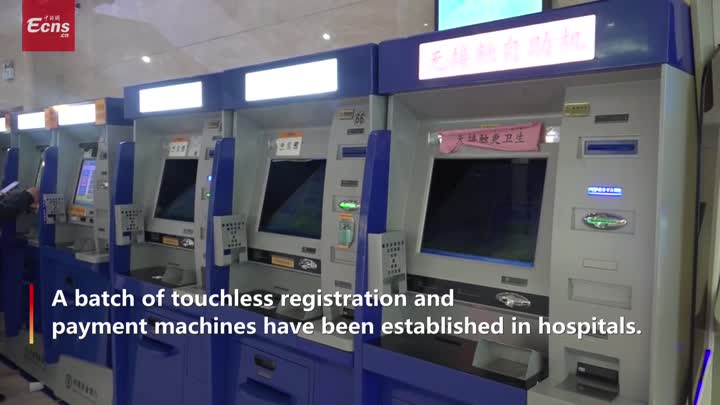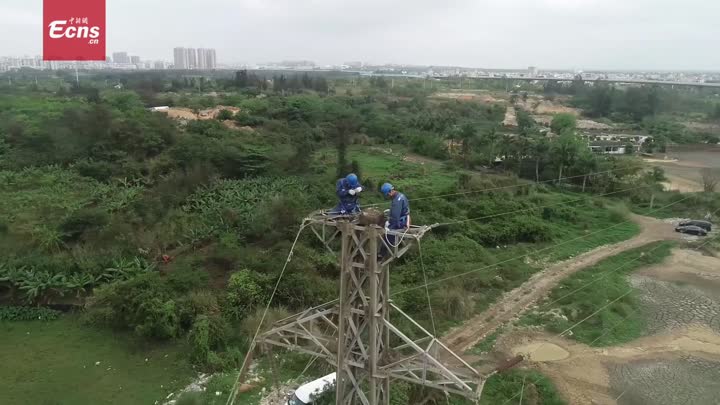Hong Kong must not become a weak link in national security, Luo Huining, the central government's top official in the Hong Kong Special Administrative Region, said on Wednesday.
There remains room for improvement in the mechanism for maintaining national security in Hong Kong, and this has resulted in a relatively low awareness of the importance of national security among its people since Hong Kong's return to the motherland 23 years ago, he said.
"This weak link would be fatal to the nation's security at a critical moment," Luo said.
He said Hong Kong should enact, amend and activate laws and law enforcement mechanism related to national security as soon as possible. Otherwise, he said, there is a risk of the city becoming a potential risk to national security.
The director of the Liaison Office of the Central People's Government in the Hong Kong Special Administrative Region made the remarks in a video address as the city held a series of online activities to mark the fifth National Security Education Day, including a writing contest, quizzes and themed talks featuring video speeches by a number of government officials and prestigious civic leaders.
Other guests included Tung Chee-hwa, vice-chairman of the National Committee of the Chinese People's Political Consultative Conference, Chief Executive of the Hong Kong SAR Carrie Lam Cheng Yuet-ngor and renowned respiratory disease expert Zhong Nanshan.
Daily life
Luo stressed that national security is part of daily life. He cited current epidemic prevention and control measures, saying they are not only a matter of national security but a matter of importance to Hong Kong's families.
In his opinion, observing the rule of law and safeguarding the rule of law, which are integral to safeguarding national security, are the responsibilities of all residents of the city.
There should be zero tolerance of actions that jeopardize rule of law in the city, he said.
Last June, radicalism and street violence began to take hold in the city, undermining the rule of law. He said that advocacy of separatism during the prolonged unrest destabilized Hong Kong, challenged the "one country, two systems" principle and threatened national security.
Radical acts of violence carried on even as the city was locked in a desperate effort to fight the novel coronavirus outbreak, creating additional destabilizing factors, he added.
Lam said had the unlawful acts and radicalism not been curbed effectively, they could have threatened national security.
She was referring to violence that she said came close to terrorism during last year's civil unrest that had lasted for more than seven months.
Lam said the social unrest in Hong Kong over the past year gave people in the city a deeper understanding of the importance of national security.
Hong Kong, as an inalienable part of China, has a constitutional responsibility to safeguard national security, Lam said.
The Hong Kong government, schools, universities and social groups should work together to educate and promote national security in the city, said Lam.
Critical stage
Several key players on the Hong Kong and national political scene endorsed Luo and Lam's remarks. They said that Hong Kong had entered a critical stage, with a renewed focus on national security awareness. Last year's violence and political unrest exposed a vulnerability that brought the issue into clear focus.
Leung Chun-ying, vice-chairman of the National Committee of the Chinese People's Political Consultative Conference, said Hong Kong is the most open, free and international city in the world and it enjoys a high degree of autonomy. As a result, Hong Kong would be the only choice as a weak point in national security throughout China, he added.
Maria Tam Wai-chu, deputy director of the HKSAR Basic Law Committee of the National People's Congress Standing Committee, said that activities openly defying the central government and principle of "one country, two systems" had emerged from the shadows during last year's unrest









